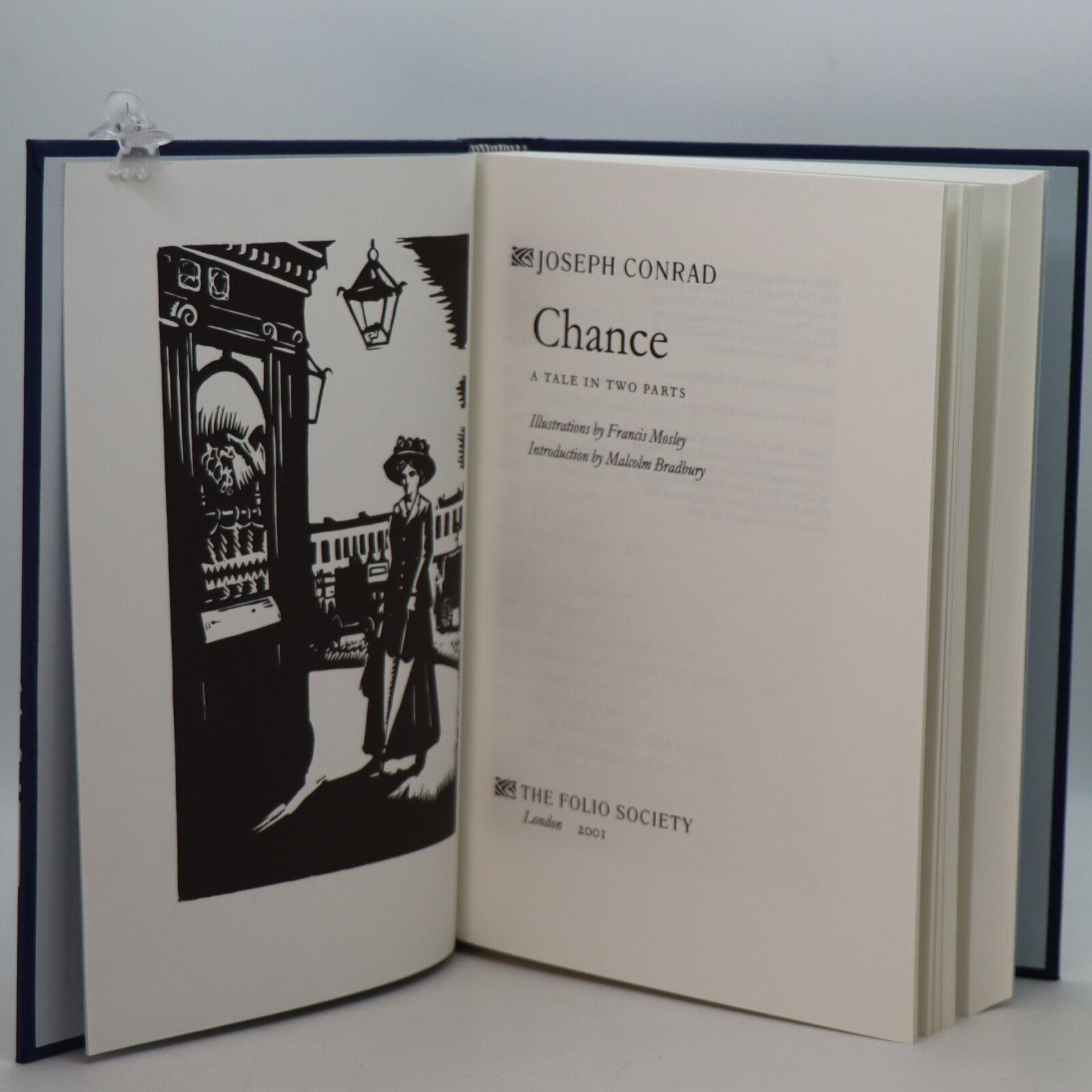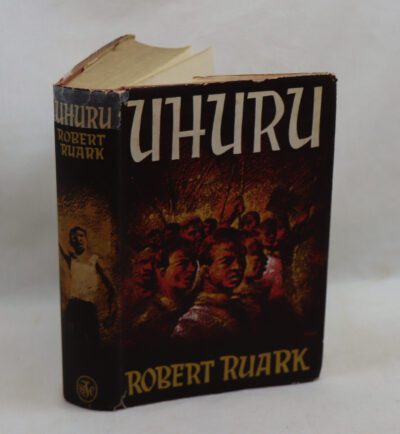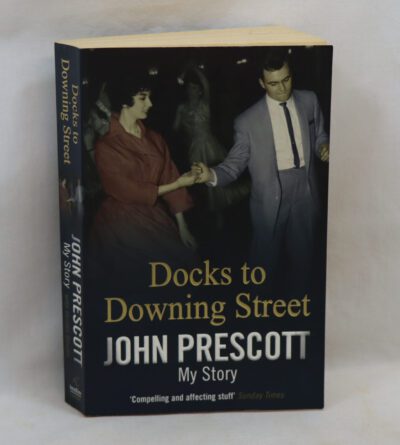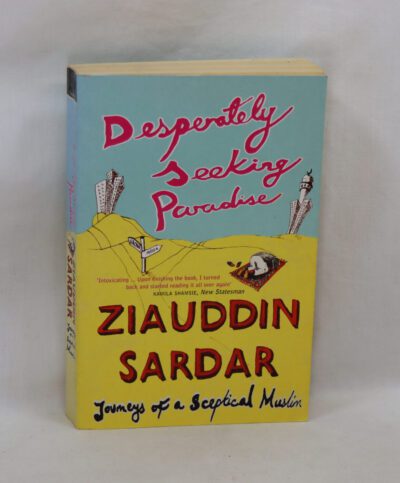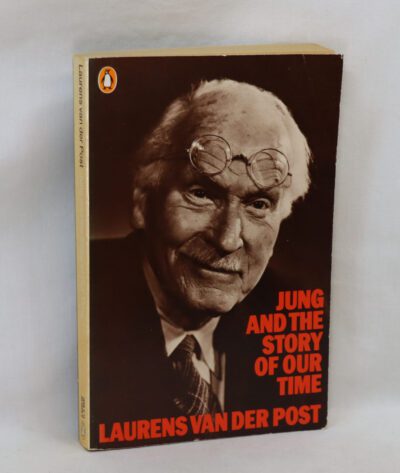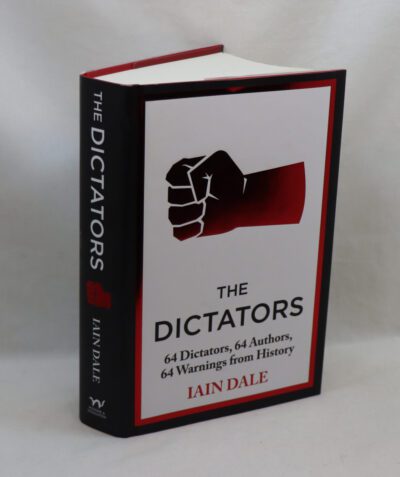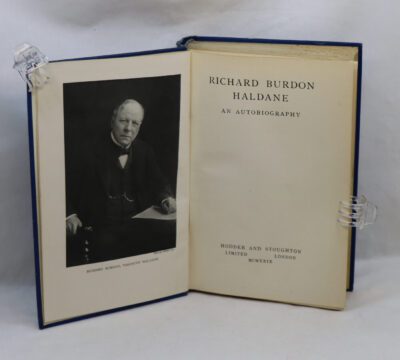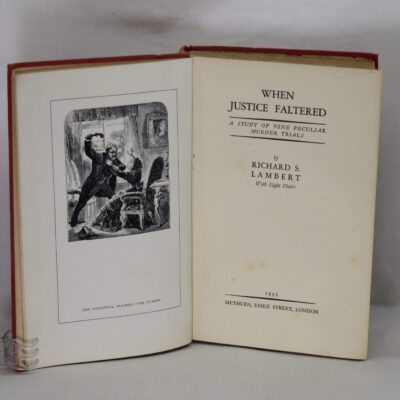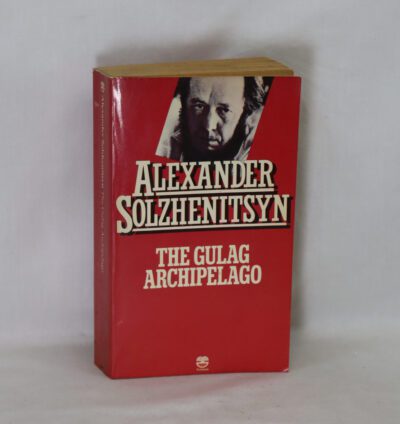Chance.
By Joseph Conrad
ISBN: 9781773138992
Printed: 2001
Publisher: The Folio Society. London
| Dimensions | 17 × 24 × 4 cm |
|---|---|
| Language |
Language: English
Size (cminches): 17 x 24 x 4
Condition: Fine (See explanation of ratings)
Your items
Item information
Description
In a fitted box. Navy cloth binding with silver title on the spine. Black and silver design on the front board.
F.B.A. provides an in-depth photographic presentation of this item to stimulate your feeling and touch. More traditional book descriptions are immediately available.
Chance is a novel by Joseph Conrad, published in 1913, following serial publication the previous year. Although the novel was not one upon which Conrad’s later critical reputation was to depend, it was his greatest commercial success upon initial publication.
Chance is narrated by Conrad’s regular narrator, Charles Marlow, along with other narrators, who take up the complex narrative at different points. The novel is also unusual among its author’s works for such strong emphasis on a female character: the heroine, Flora de Barral.
The narrators attempt to interpret various episodes in the life of Miss de Barral, the daughter of a convicted swindler named Smith de Barral. Miss de Barral leads a sheltered life for as long as her father is prosperous, but at other times must rely on the generosity of others, who resent her or have agendas for her, before she escapes by marrying one Captain Anthony. Much of the book involves the musing of the various narrators over what she and the Captain expected from this union, and what they actually got from it. When her father is released from prison, he joins them on the ship, and the book heads towards its denouement. Breaking away from tradition, Chance deals with social issues surrounding feminism and financial speculation, involving Mrs. Fyne and Flora de Barral, as presented by the various narrators. The storyline oscillates between human will and purposeful activity and an opposing “apathetic” force which nullifies the importance of human action.
Joseph Conrad (born Józef Teodor Konrad Korzeniowski, Polish; 3 December 1857 – 3 August 1924) was a Polish-British novelist and short story writer. He is regarded as one of the greatest writers in the English language; though he did not speak English fluently until his twenties, he came to be regarded a master prose stylist who brought a non-English sensibility into. He wrote novels and stories, many in nautical settings, that depict crises of human individuality in the midst of what he saw as an indifferent, inscrutable and amoral world.
Conrad is considered a literary impressionist by some and an early modernist by others, though his works also contain elements of 19th-century realism. His narrative style and anti-heroic characters, as in Lord Jim, for example, have influenced numerous authors. Many dramatic films have been adapted from and inspired by his works. Numerous writers and critics have commented that his fictional works, written largely in the first two decades of the 20th century, seem to have anticipated later world events.
Writing near the peak of the British Empire, Conrad drew on the national experiences of his native Poland—during nearly all his life, parcelled out among three occupying empires and on his own experiences in the French and British merchant navies, to create short stories and novels that reflect aspects of a European-dominated world—including imperialism and colonialism—and that profoundly explore the human psyche. Postcolonial analysis of Conrad’s work has stimulated substantial debate; in 1975, author Chinua Achebe published an article denouncing Heart of Darkness as racist and dehumanising, whereas other scholars, including Adam Hochschild and Peter Edgerly Firchow, have rebutted Achebe’s view.
Want to know more about this item?
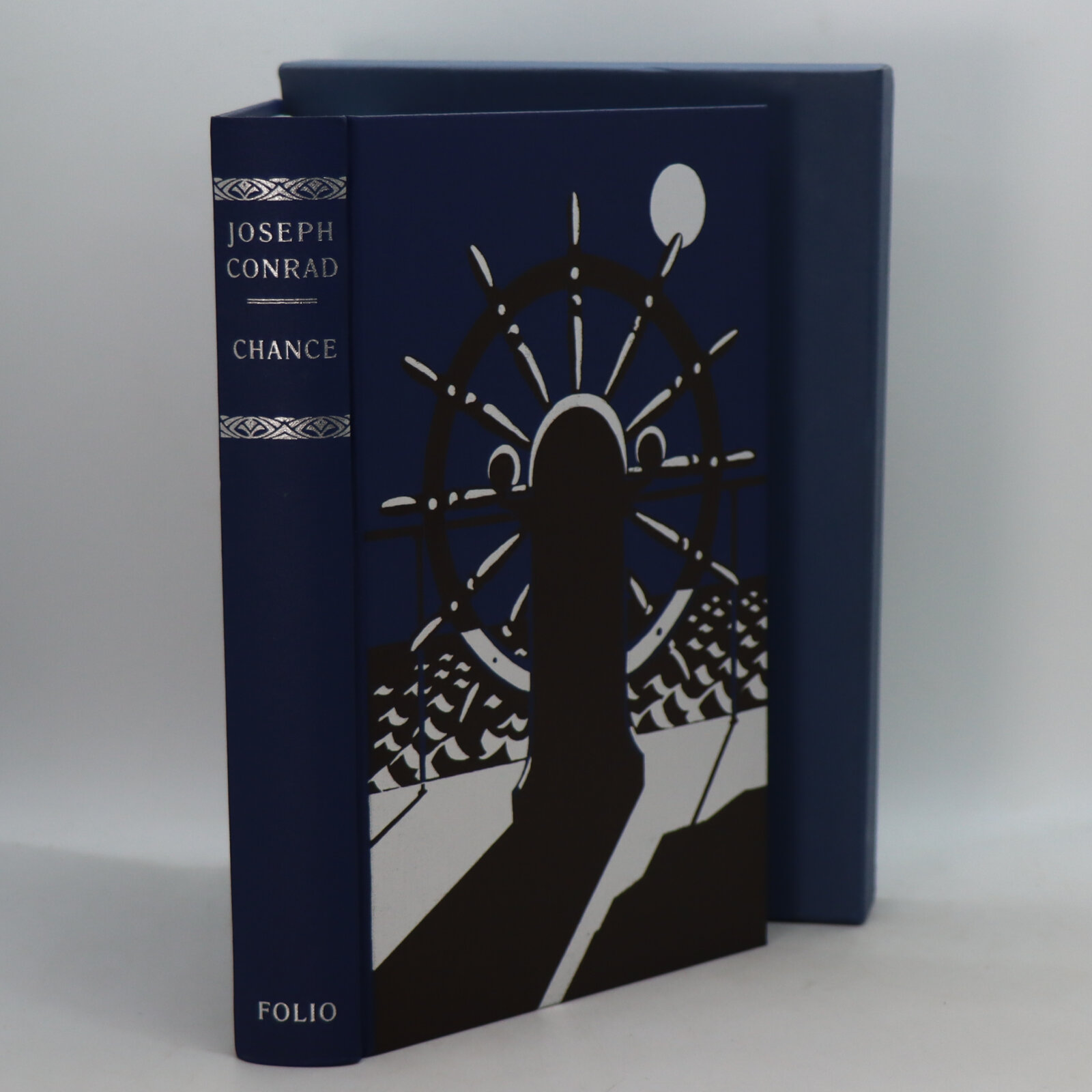
Share this Page with a friend

